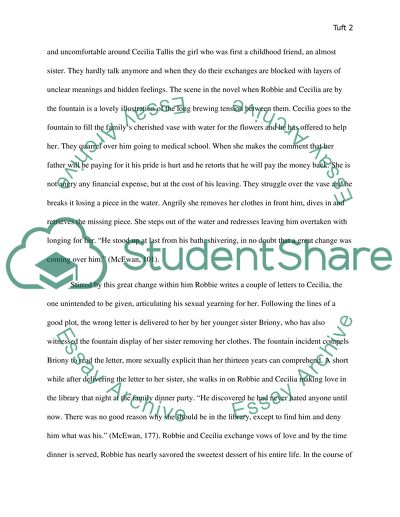Cite this document
(“Atonement On Robbies psychological state in the novel Research Paper”, n.d.)
Retrieved from https://studentshare.org/family-consumer-science/1417224-atonement-on-robbies-psychological-state-in-the
Retrieved from https://studentshare.org/family-consumer-science/1417224-atonement-on-robbies-psychological-state-in-the
(Atonement On Robbies Psychological State in the Novel Research Paper)
https://studentshare.org/family-consumer-science/1417224-atonement-on-robbies-psychological-state-in-the.
https://studentshare.org/family-consumer-science/1417224-atonement-on-robbies-psychological-state-in-the.
“Atonement On Robbies Psychological State in the Novel Research Paper”, n.d. https://studentshare.org/family-consumer-science/1417224-atonement-on-robbies-psychological-state-in-the.


